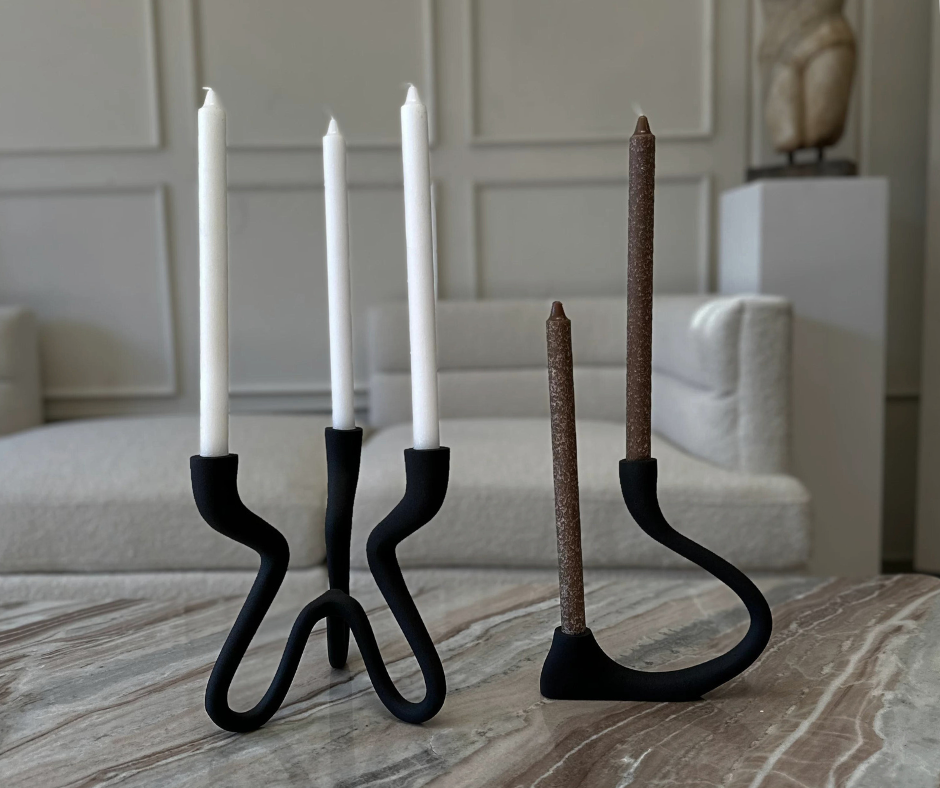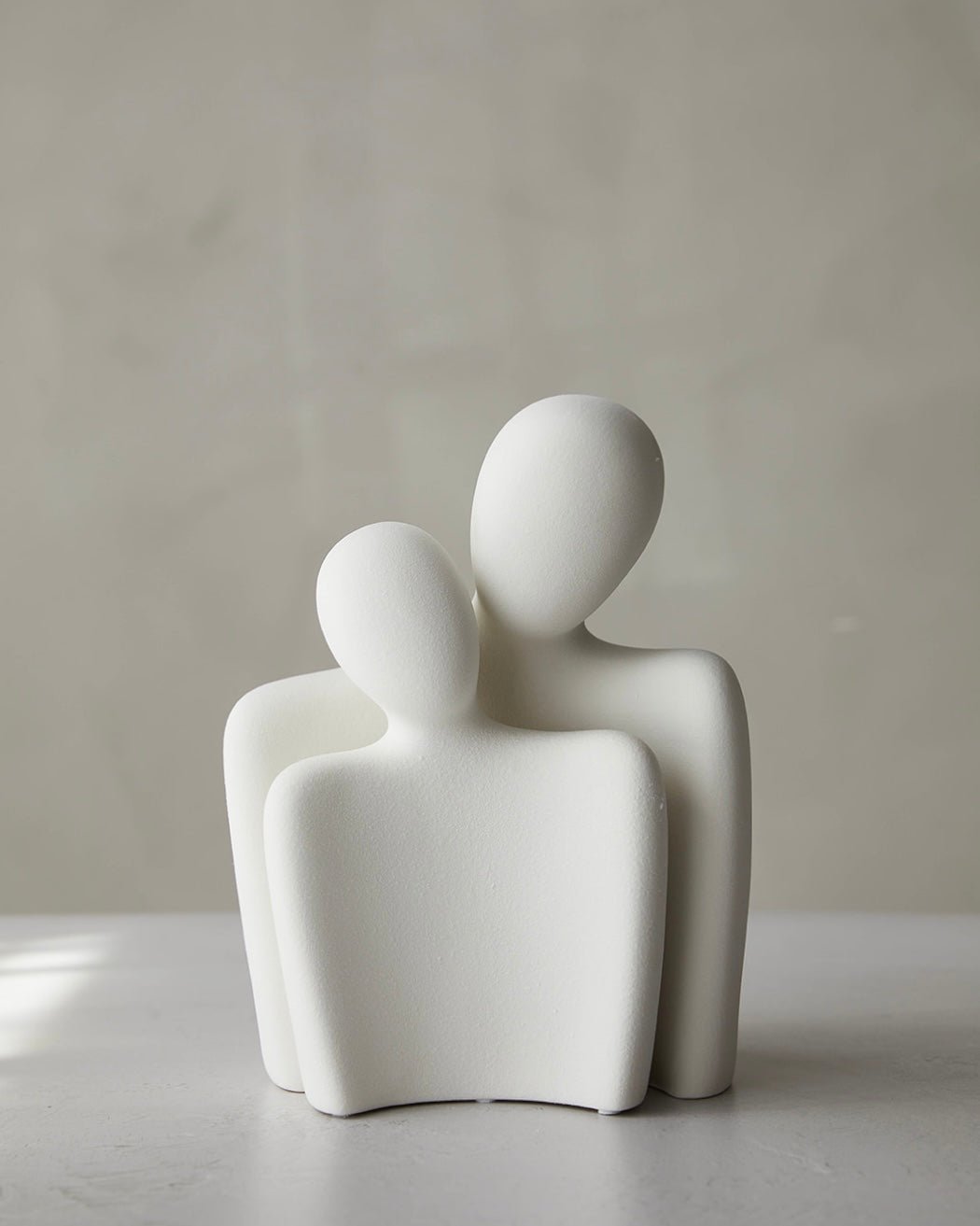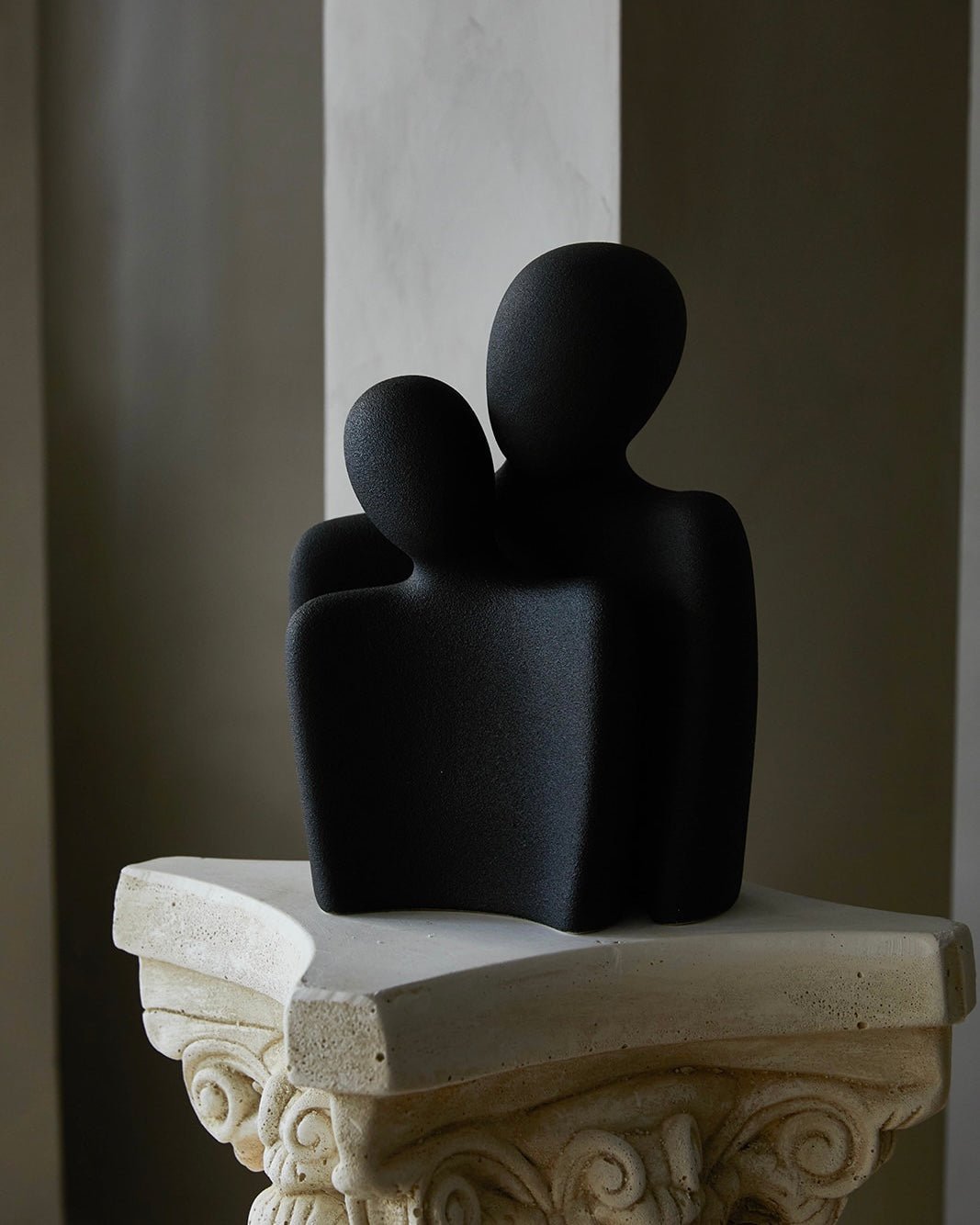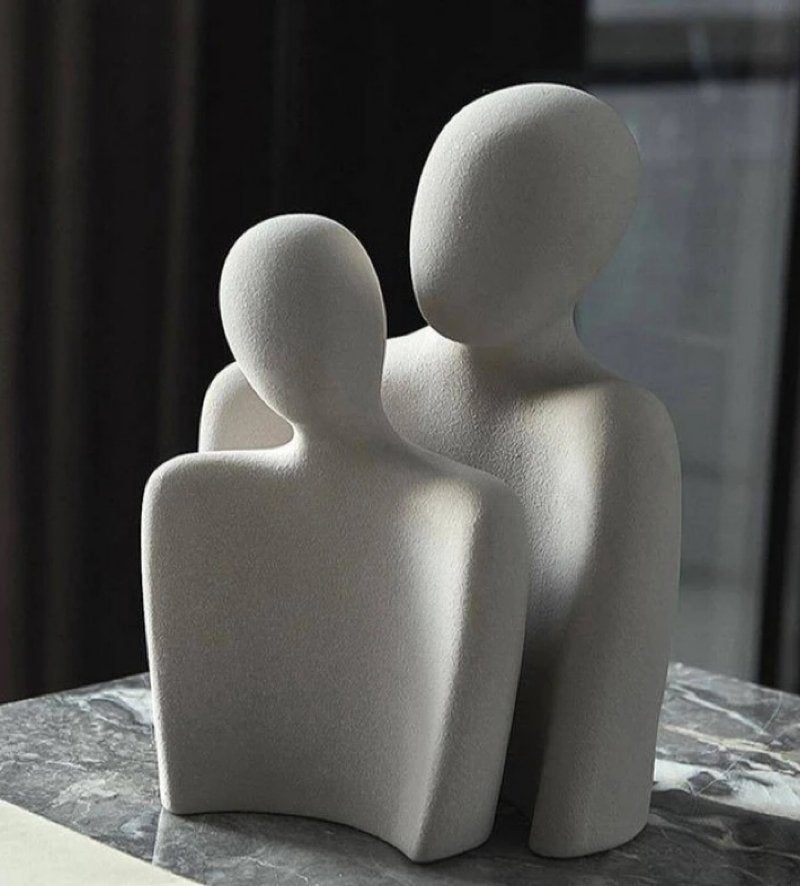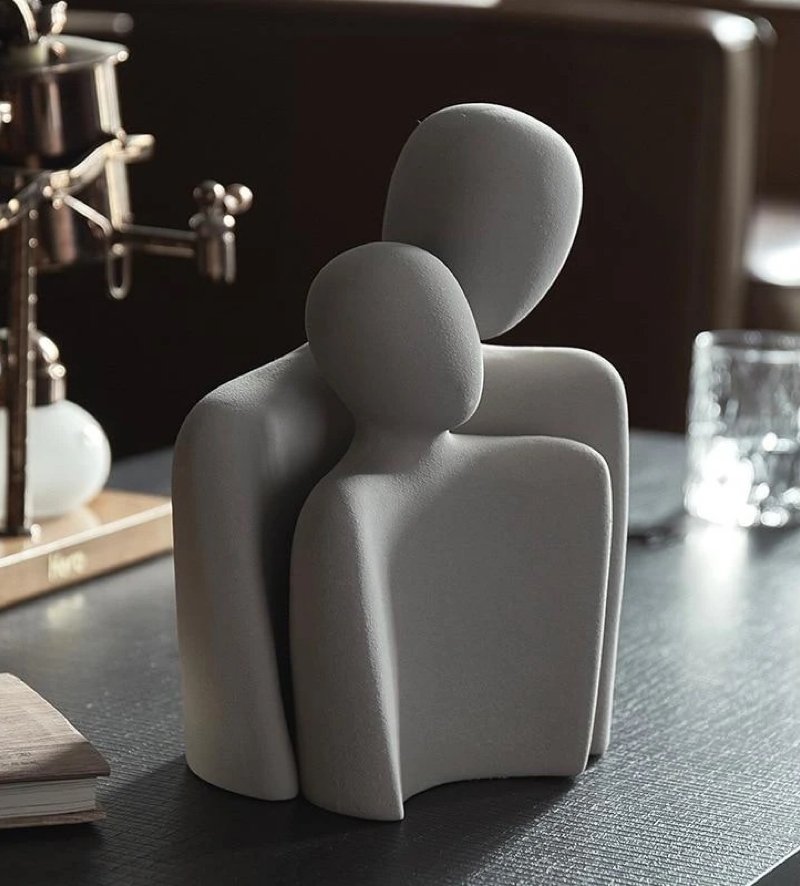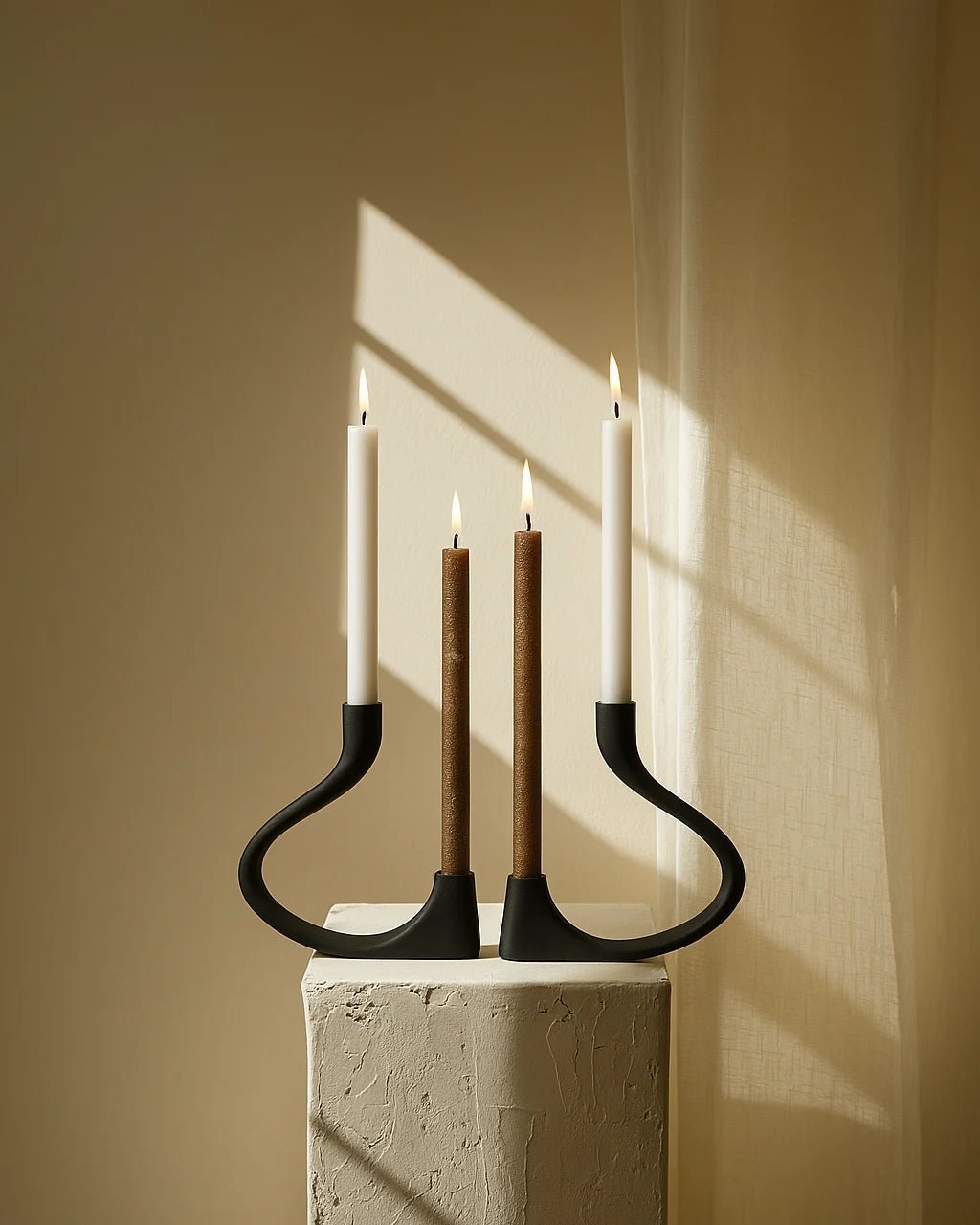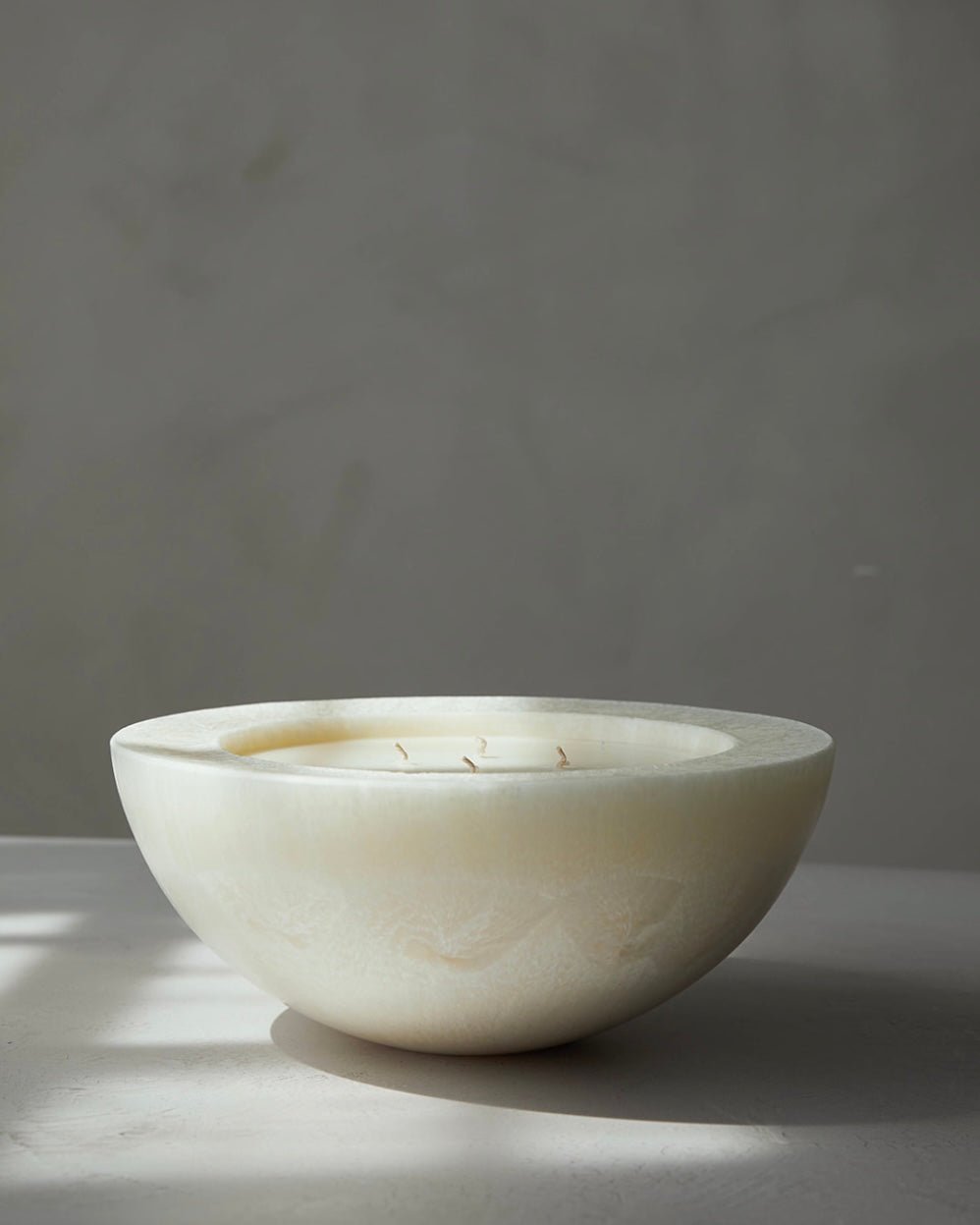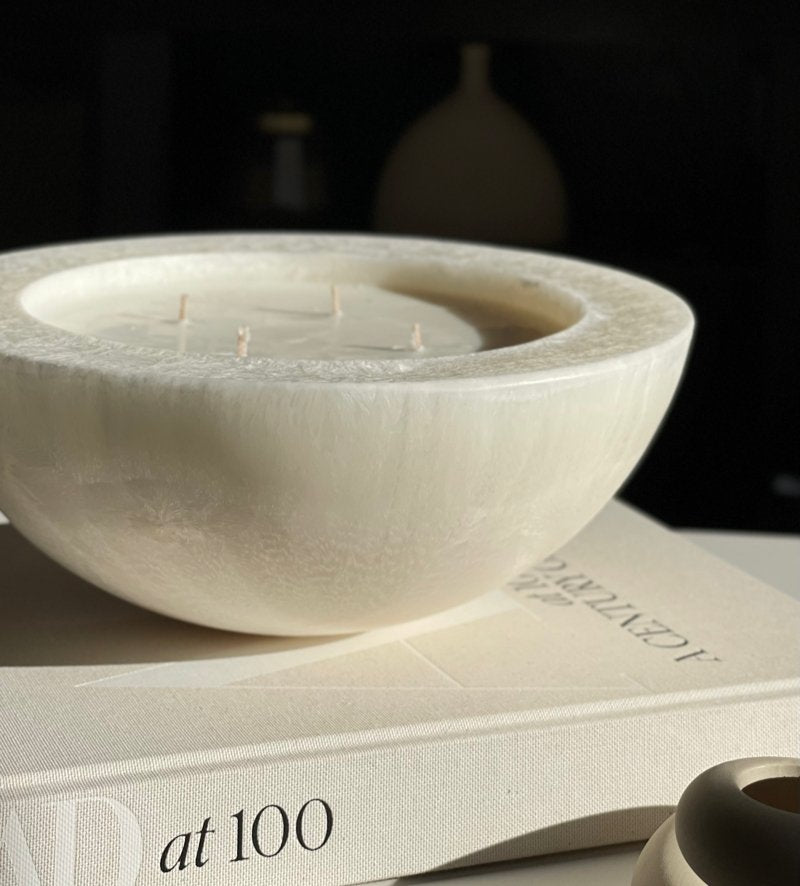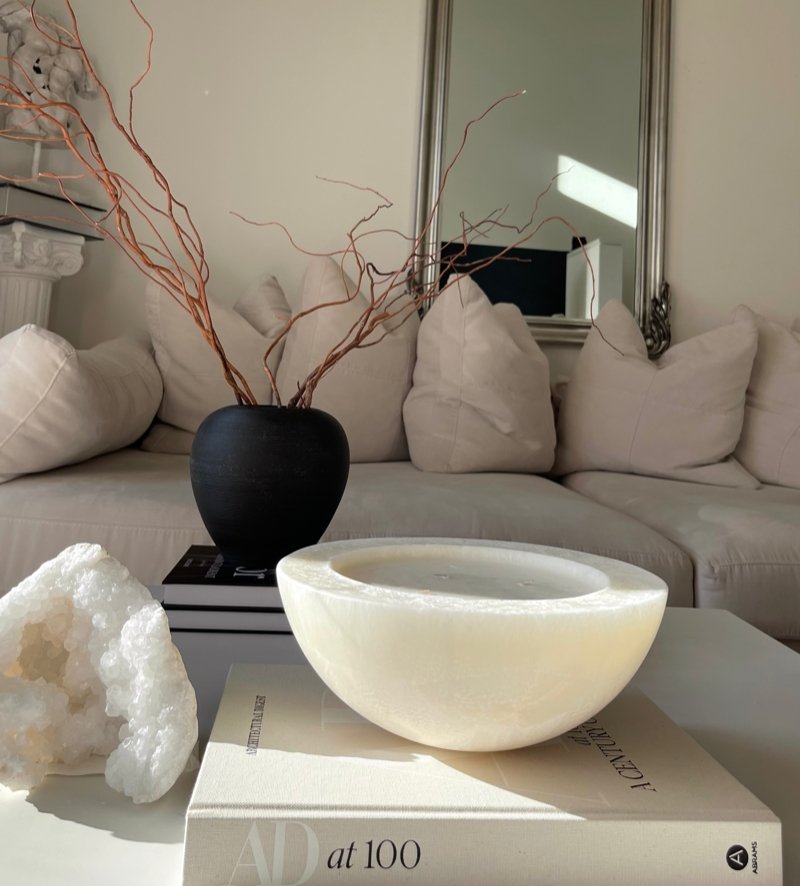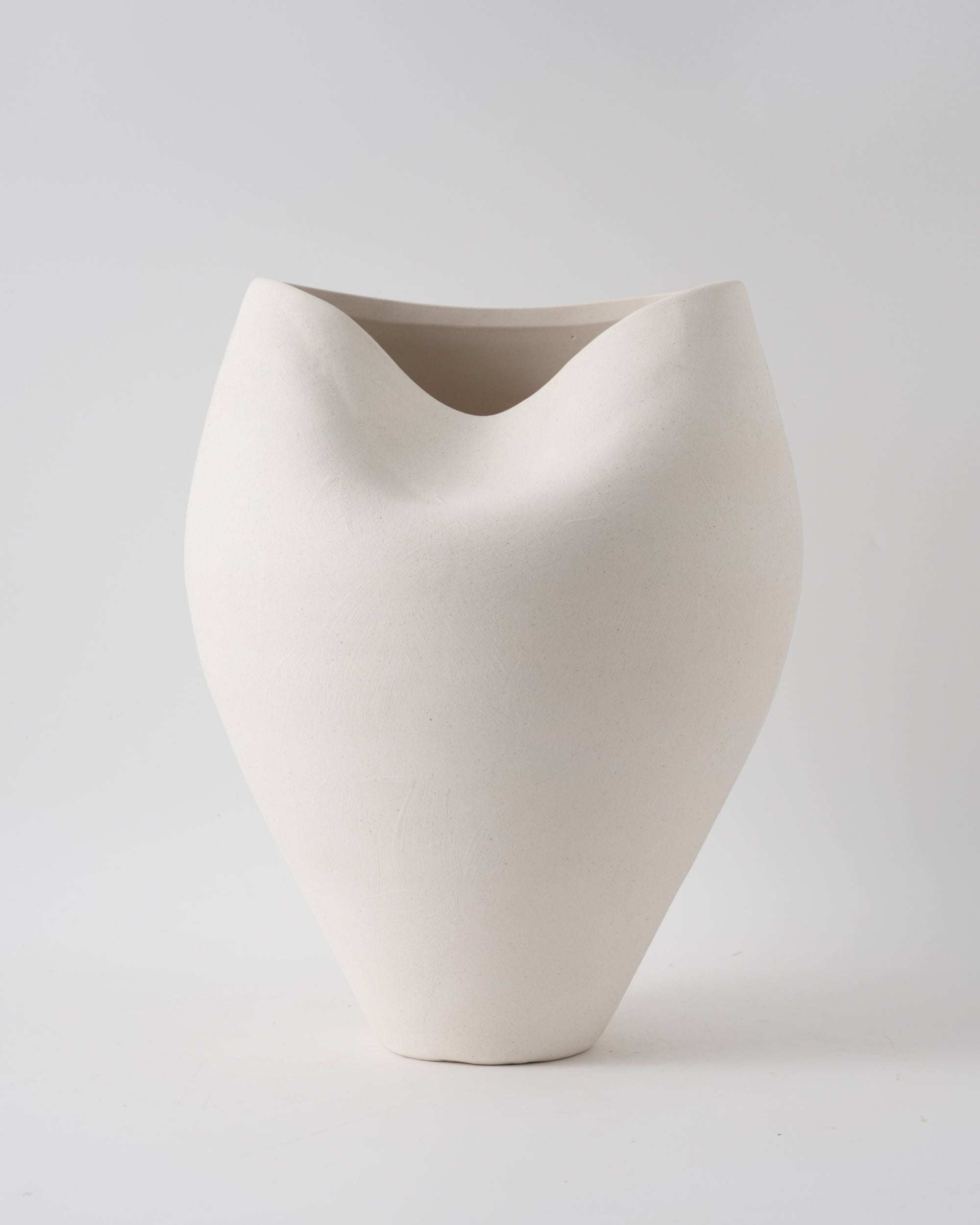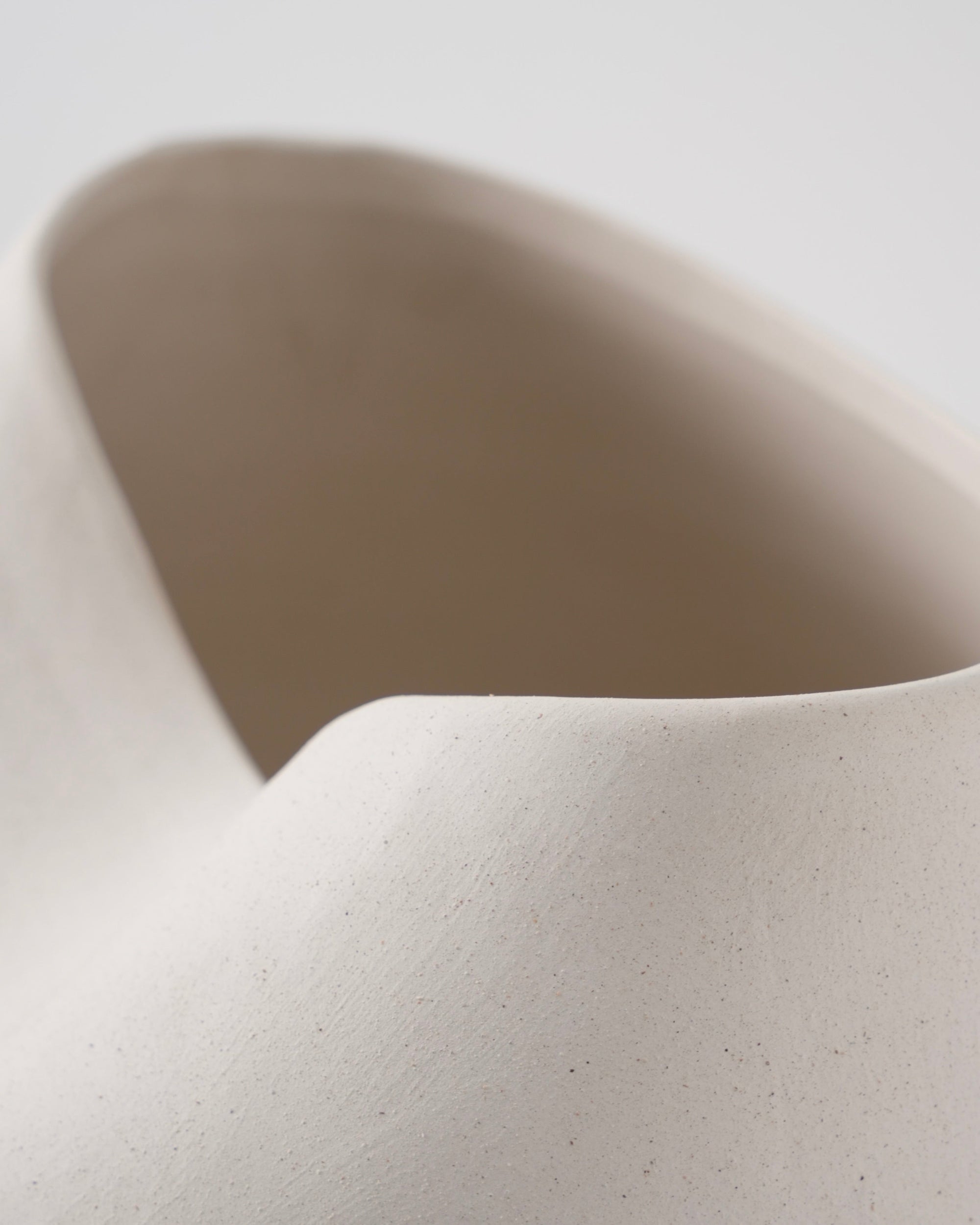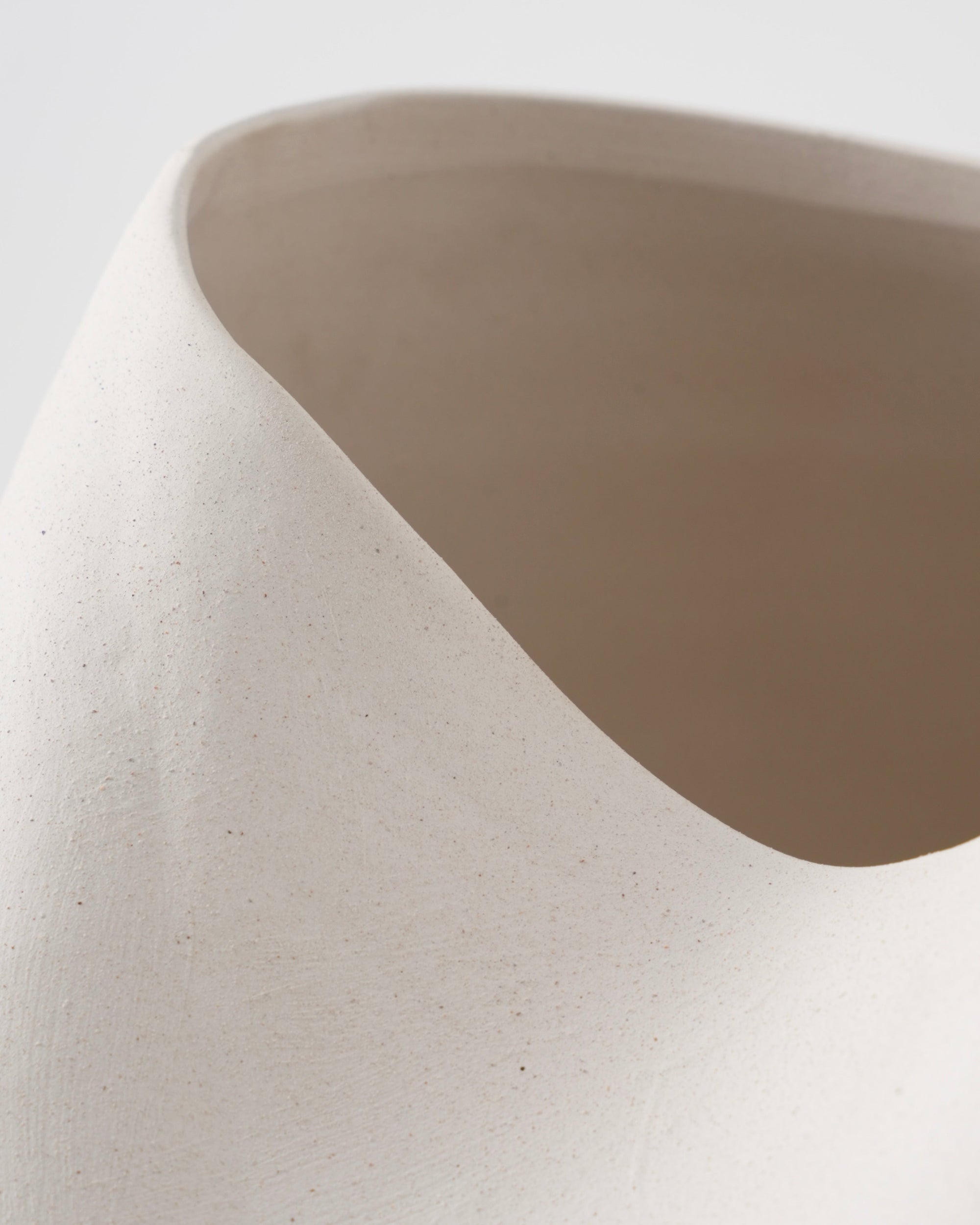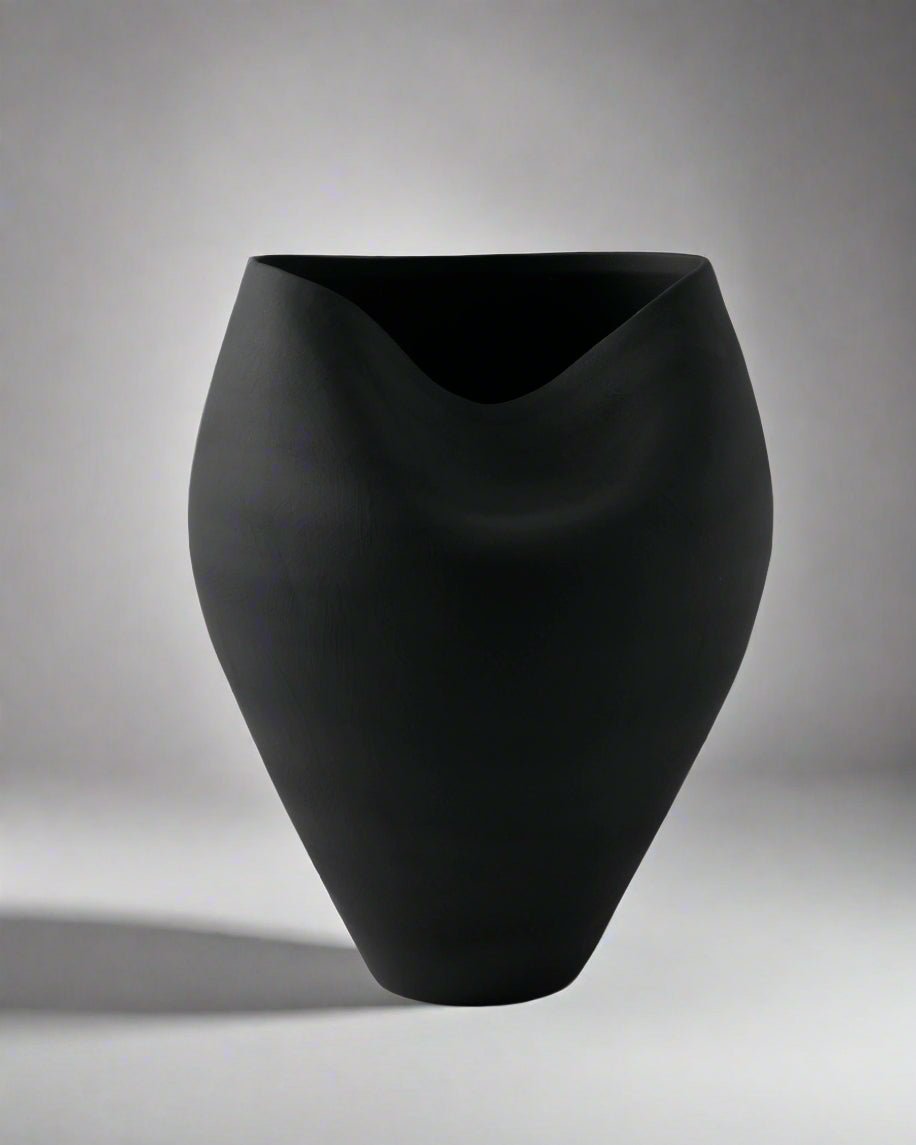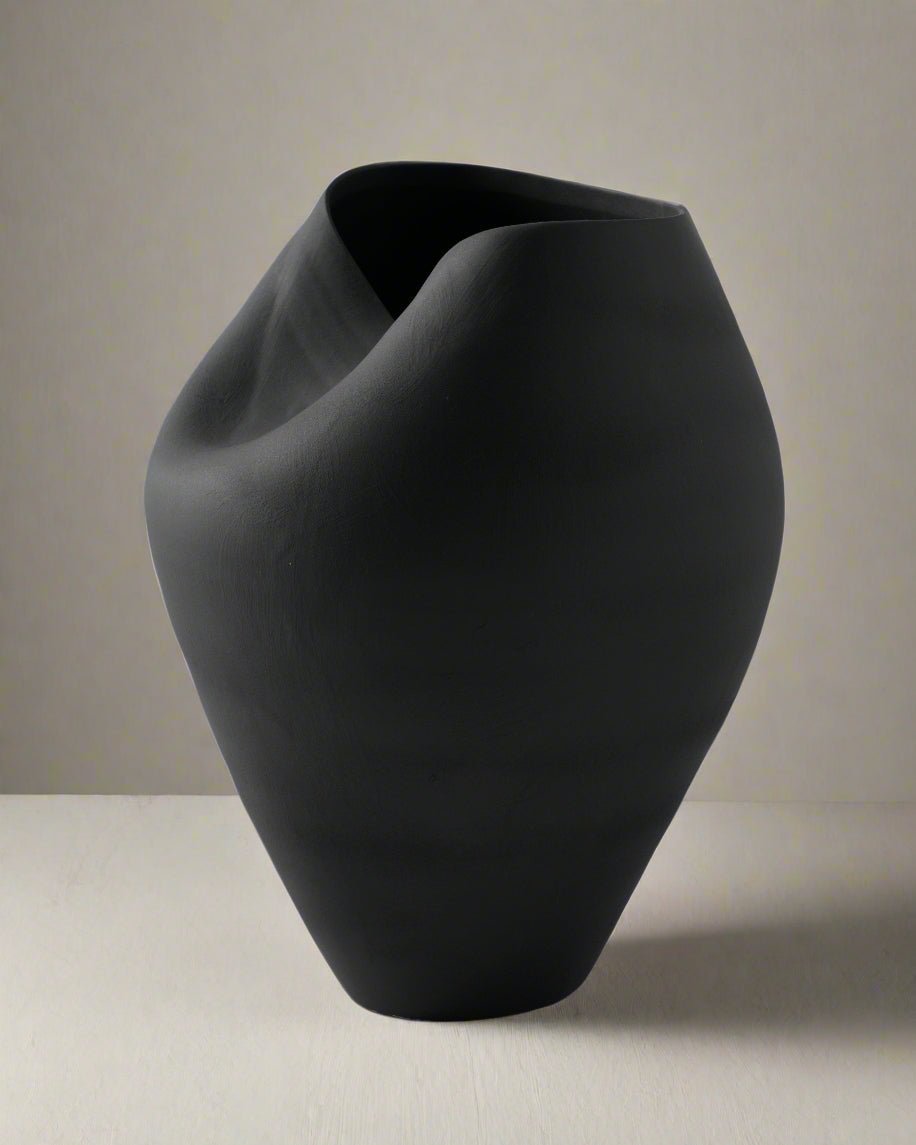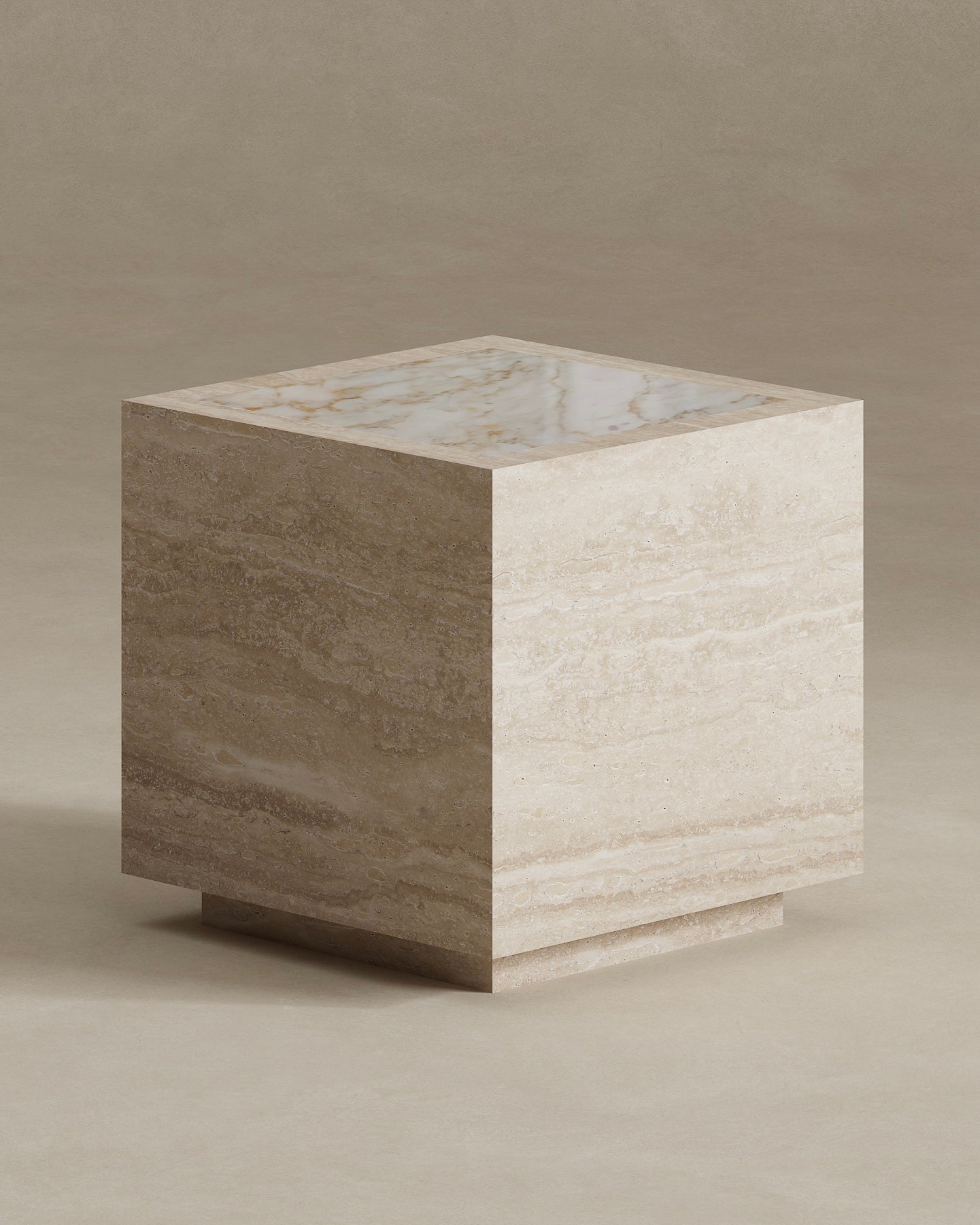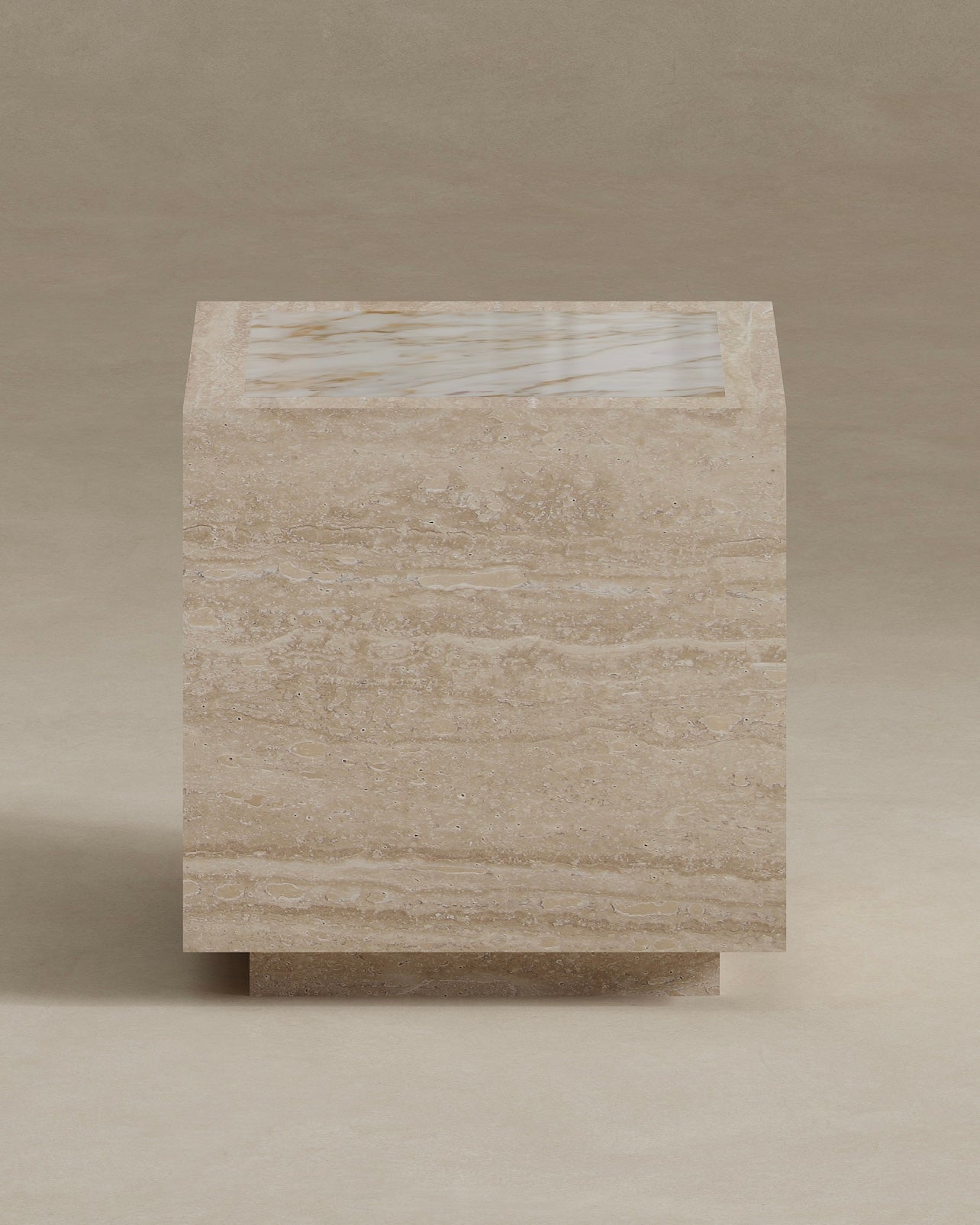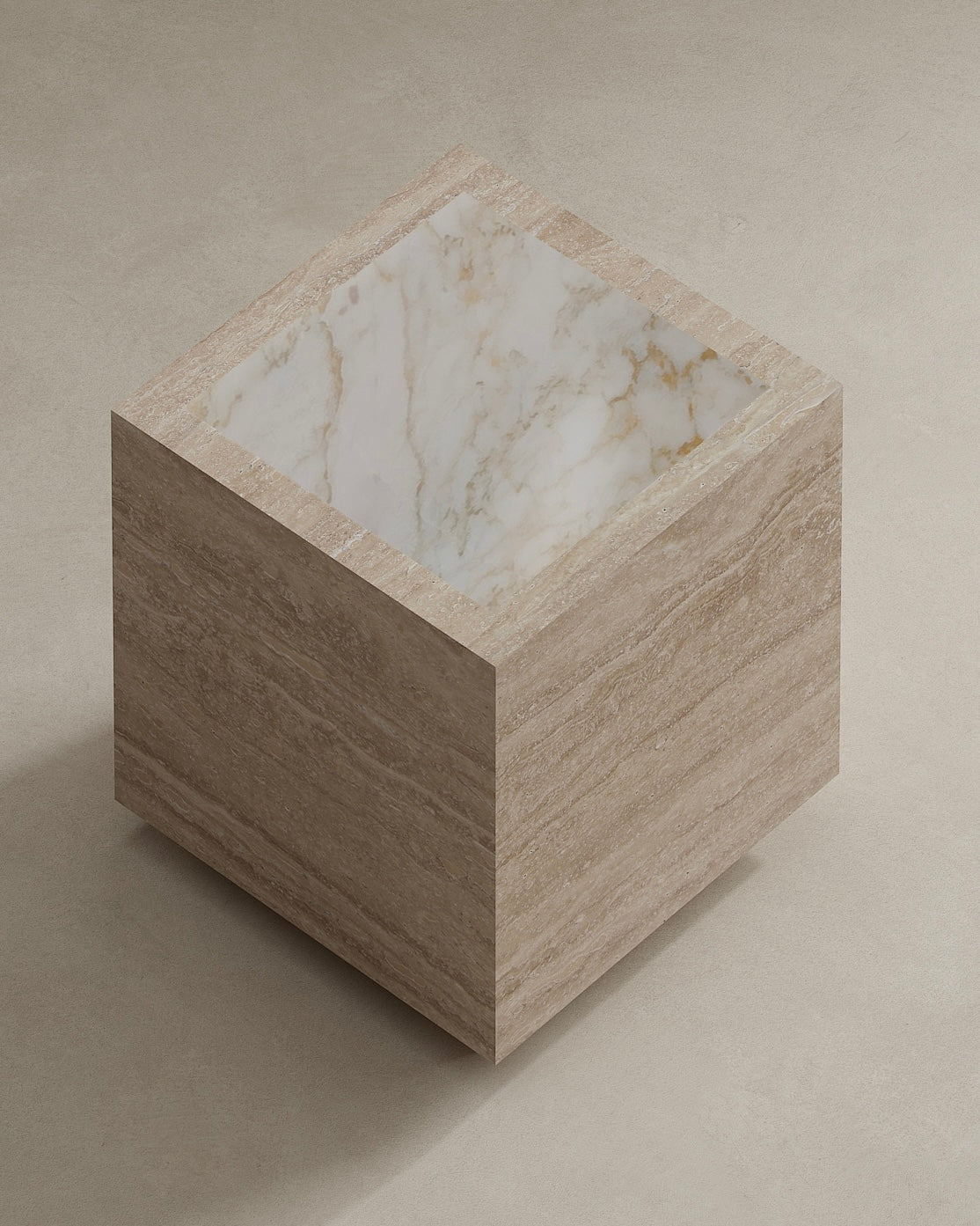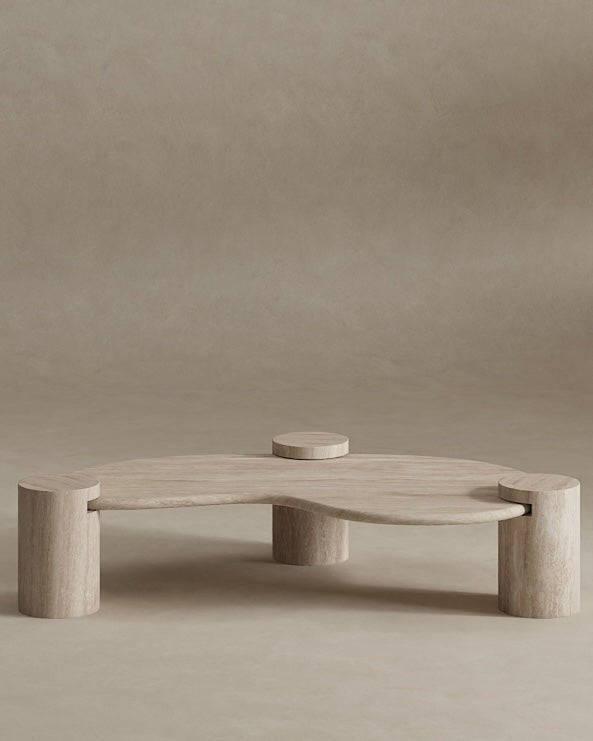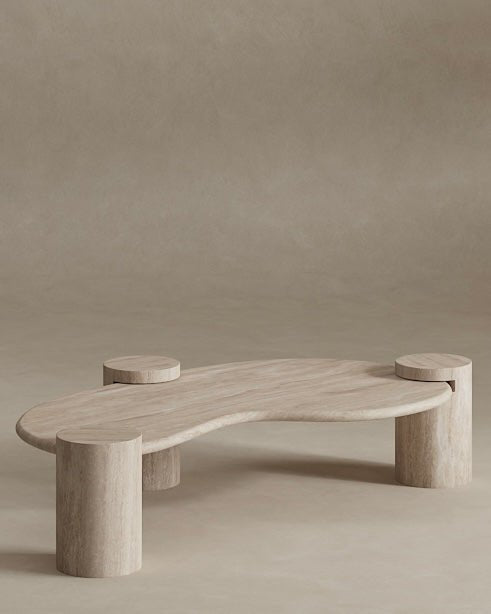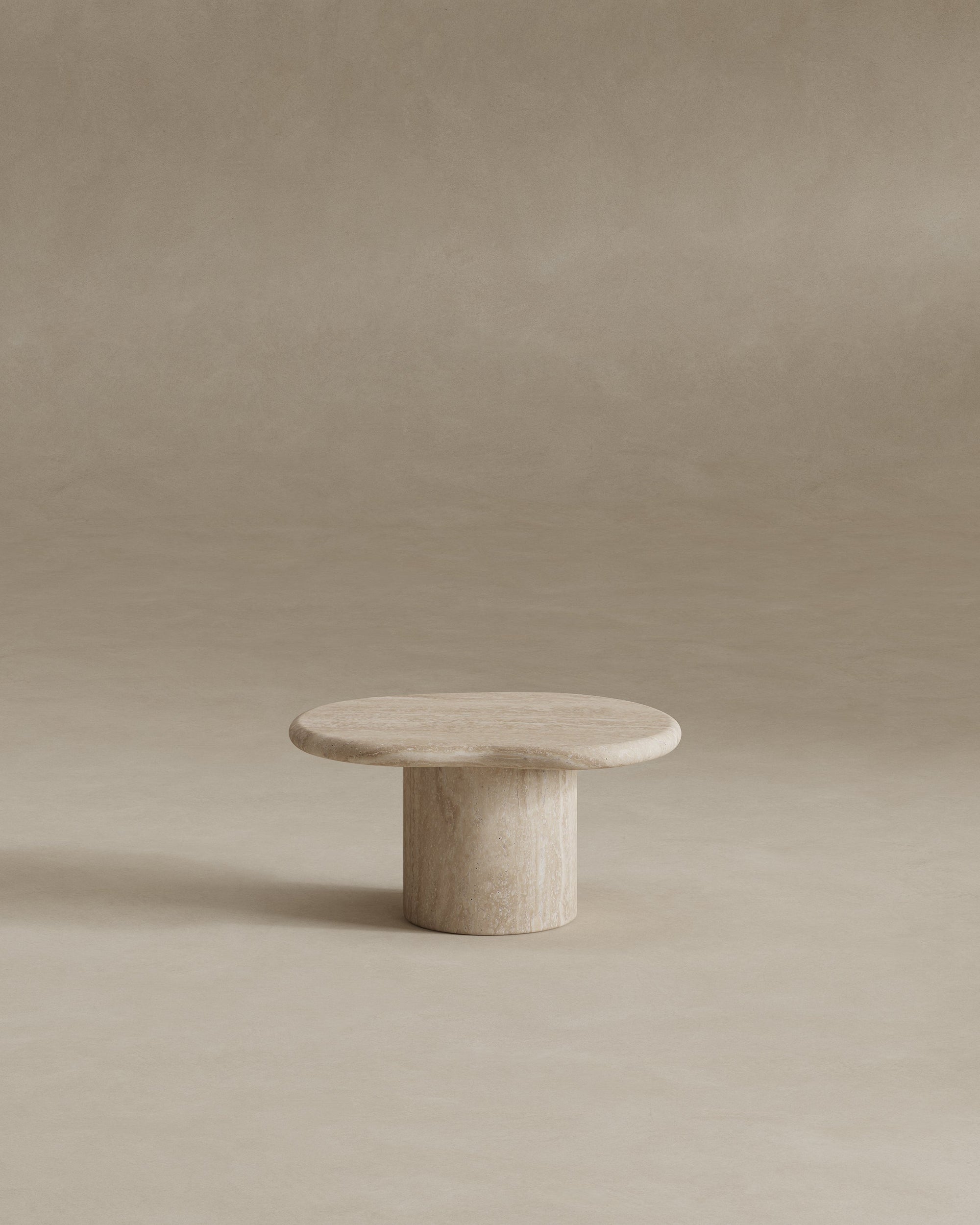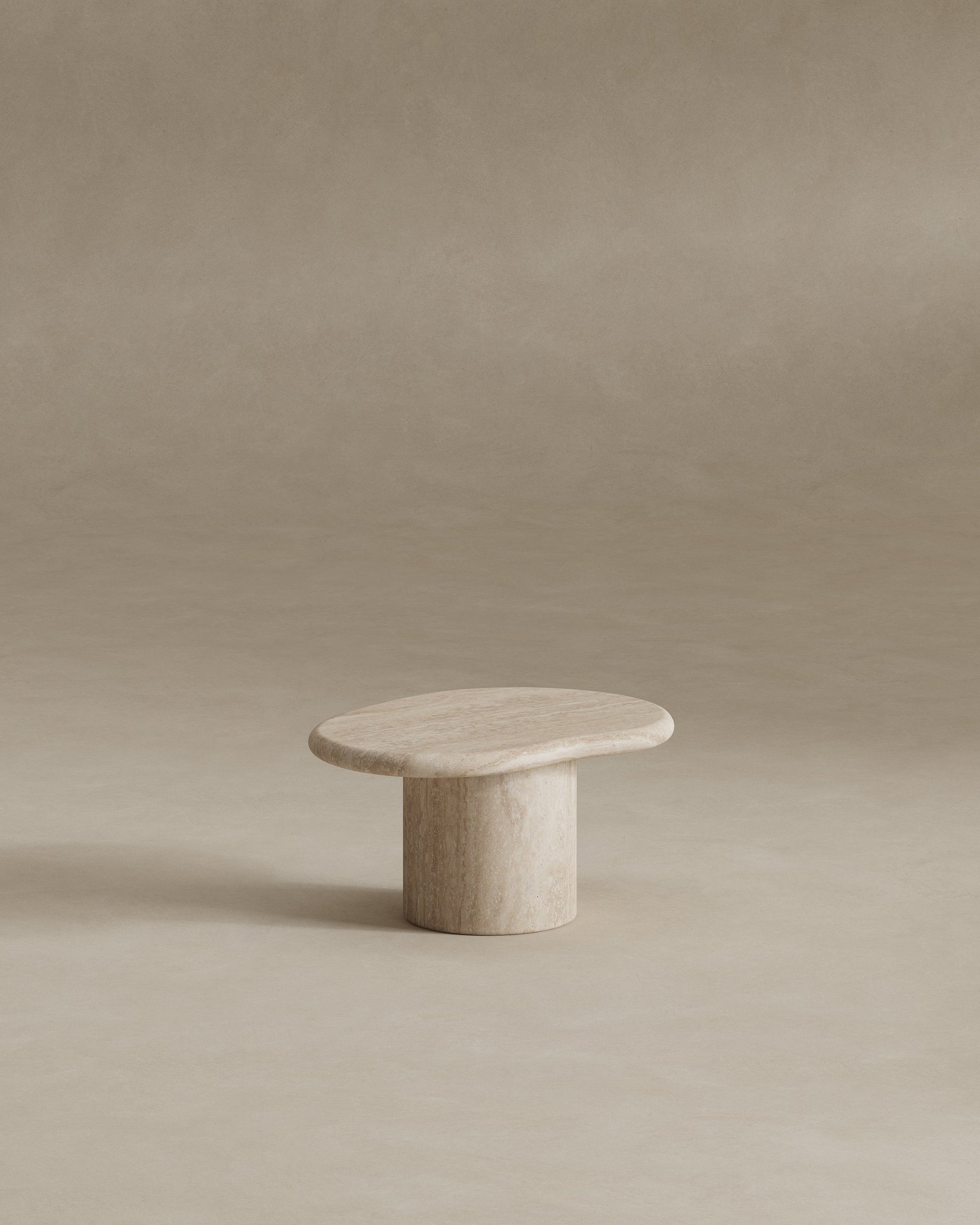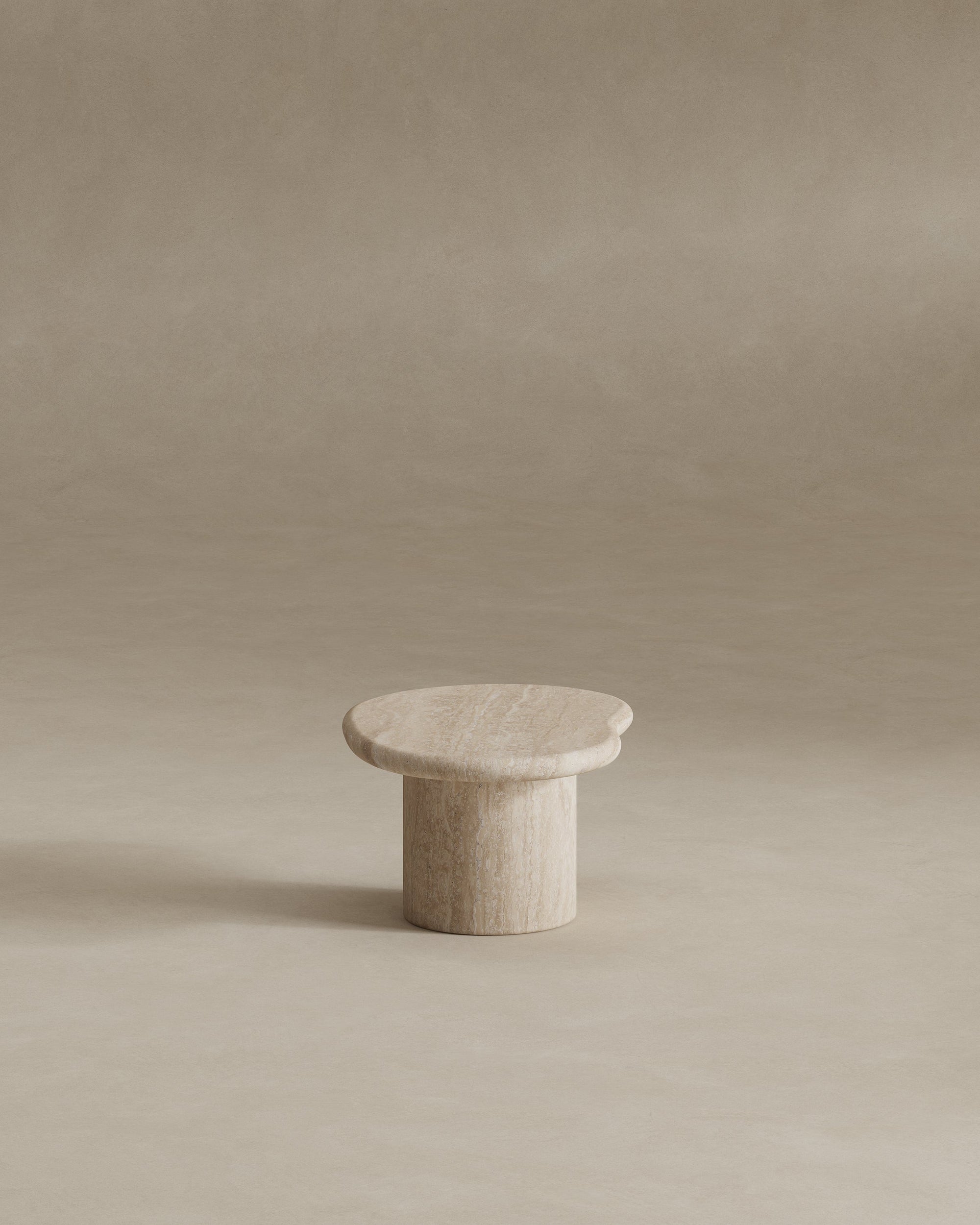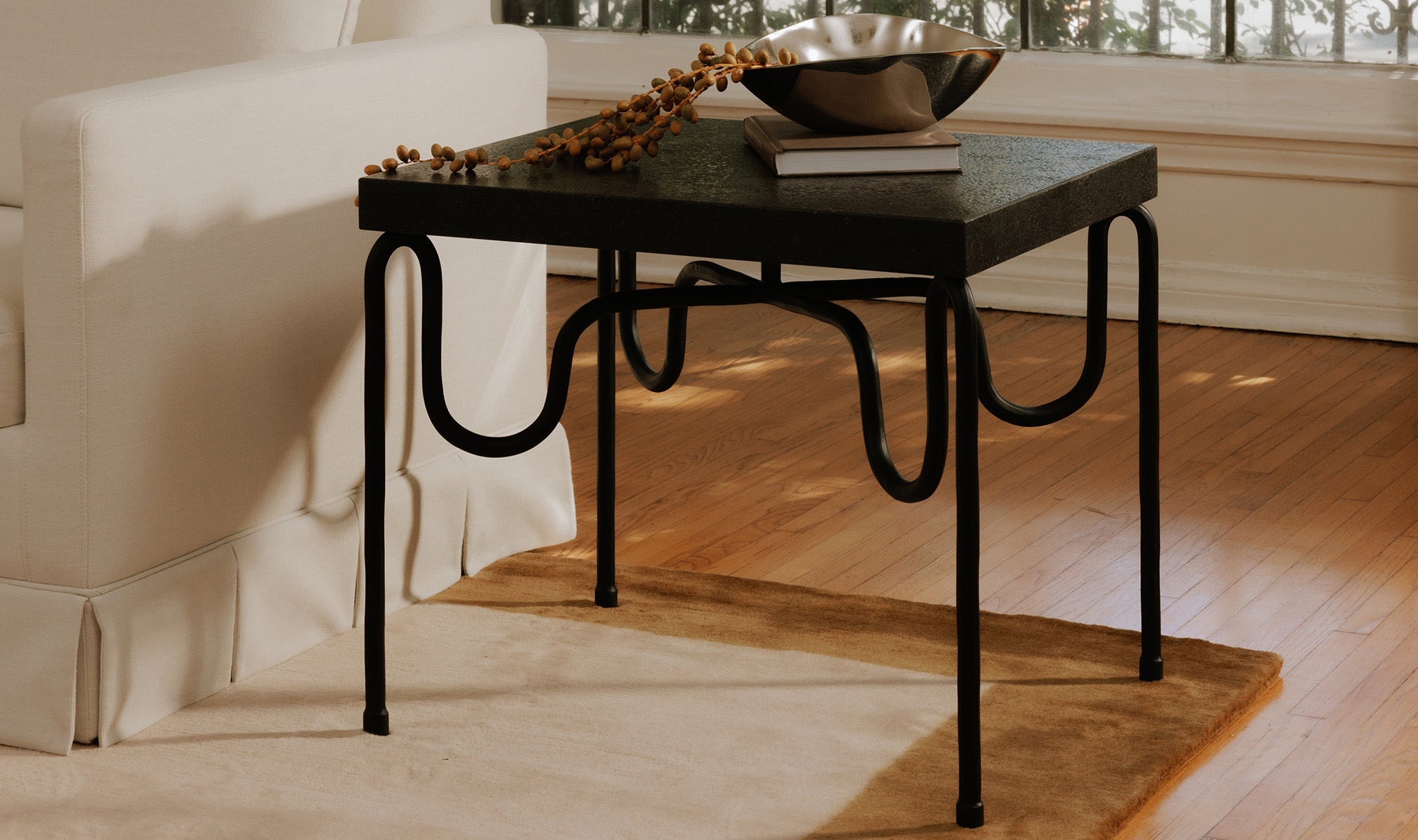Protecting your marble table is a meticulous process that involves a combination of preventive measures, regular maintenance, and strategic care to ensure the longevity and timeless natural beauty of this exquisite piece of furniture.
Marble, with its natural elegance and unique veining patterns, demands a degree of attention that goes beyond mere aesthetics.
In this comprehensive guide, I'll be sharing how to protect marble table, exploring techniques to shield it from common hazards, providing insights into proper cleaning practices, and offering tips on preserving its pristine allure.
UNDERSTANDING MARBLE'S VULNERABILITIES
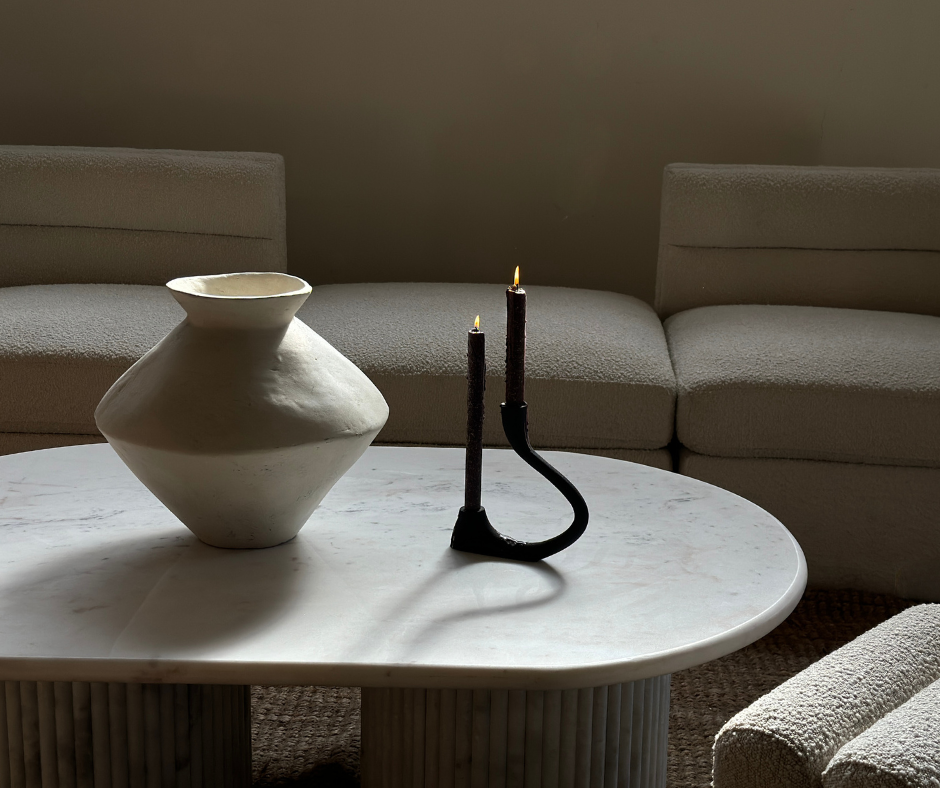
Marble, a metamorphic rock composed primarily of calcite or dolomite crystals, is known for its luxurious appearance but is susceptible to various external factors.
The porous nature of marble makes it prone to absorbing liquids, leading to potential staining. Additionally, its composition renders it susceptible to scratches, etching from acidic substances, and general wear over time.
Recognizing these vulnerabilities is the first step toward implementing a robust protection strategy.
PROTECTING YOUR MARBLE FURNITURE
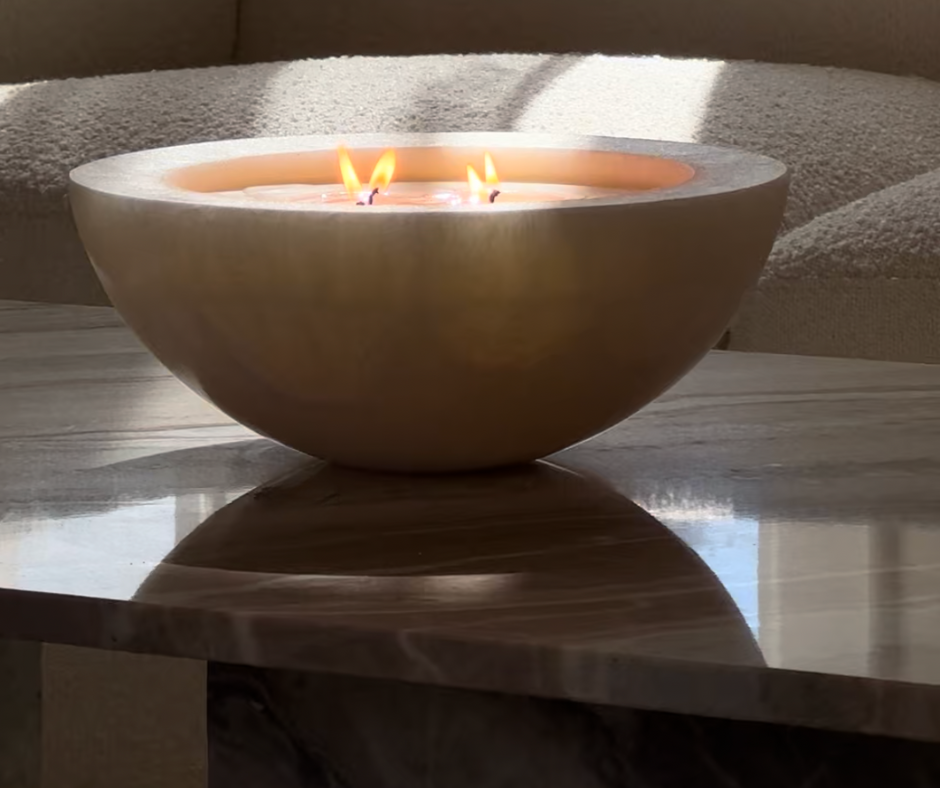
PREVENTIVE MEASURES:
-
Sealing the Surface: Applying a high-quality sealer to your marble table is a fundamental step in protection. Sealing creates a barrier that minimizes the absorption of liquids and reduces the risk of stains. Be sure to choose a sealer specifically designed for natural stone surfaces and follow the manufacturer's instructions for application.
-
Using Coasters and Placemats: Prevention starts at the source. Encourage the use of coasters for beverages and placemats for dining to shield the marble surface from potential harm. This simple habit prevents direct contact with substances that could compromise the integrity of the table.
-
Avoiding Sharp Objects: Marble is susceptible to scratching, so it's crucial to keep sharp objects, such as knives and keys, away from the surface. Even seemingly harmless items like ceramic dishes can cause abrasions, so exercising caution is key.
DAILY MAINTENANCE:
-
Gentle Cleaning: Regularly clean your marble tables with a damp, soft cloth to remove dust and debris. Avoid abrasive or acidic cleaners, as they can damage the surface. Opt for a pH-neutral, stone-specific cleaner for best results.
-
Immediate Spill Cleanup: Accidents happen, and swift action is crucial. Wipe up spills immediately to prevent liquids from seeping into the pores of the marble. Use a soft, absorbent cloth to blot the spill rather than wiping, as wiping can spread the liquid.
-
Dusting: Marble is susceptible to scratches from dust particles, so dust the surface regularly with a soft, dry microfiber cloth to maintain its polished appearance.
DEALING WITH STAINS:
-
Identifying the Stain: Different stains require different treatments. Identify the type of stain before attempting to remove it. Common stains include wine, coffee, ink, and oil-based stains.
-
Poultice Application: For stubborn stains, consider creating a poultice – a paste-like mixture of a gentle absorbent material and a stain-removing agent. Apply the poultice to the stain, cover it with plastic wrap, and let it sit until dry. This process helps draw out the stain from the marble.
ADVANCED PROTECTION TECHNIQUES:
-
Regular Polishing: Periodic polishing enhances the sheen of your marble table and helps fill in any micro-scratches. Use a high-quality marble polish and follow the manufacturer's guidelines. Avoid over-polishing, as excessive use of polishing agents can lead to a buildup that dulls the surface.
-
Professional Maintenance: Consider professional maintenance services for your marble table. Professionals have the expertise to address deep stains, scratches, and etchings. Schedule regular professional assessments to address any issues before they escalate.
FREQUENTLY ASKED QUESTIONS
WHY IS IT IMPORTANT TO PROTECT A MARBLE TABLE?
Marble is a porous material susceptible to stains, scratches, and etching. Protecting your marble table helps maintain its pristine appearance, longevity, and overall beauty by preventing damage from common hazards.
Whether marble-top dining tables or coffee tables, it is best to always protect your marble tabletop from any harsh or damaging substances.
HOW OFTEN SHOULD I SEAL MY MARBLE TABLE?
The frequency of sealing depends on usage and the type of sealer used. As a general guideline, consider resealing your marble table top annually.
However, high-traffic areas or tables exposed to frequent spills may benefit from more frequent sealing.
CAN I USE ANY SEALER ON MY MARBLE TABLE?
It's crucial to use a sealer specifically designed for natural stone surfaces, including marble. Consult with the manufacturer's guidelines to ensure compatibility and follow the recommended application process.
WHAT TYPES OF SUBSTANCES CAN STAIN MARBLE?
Marble is particularly susceptible to staining from acidic substances, such as citrus juices, wine, coffee, and oils. Additionally, ink, dyes, and certain cleaning agents can cause stains.
Using coasters, placemats, and promptly cleaning spills can help prevent stains.
HOW DO I CLEAN MY MARBLE TABLE ON A DAILY BASIS?
Clean your marble table daily using a soft, damp cloth to remove dust and debris.
A marble dining table, for example, can be used daily for eating purposes in a dining room, so it is best to practice routine cleaning. Rather than using baking soda, or warm water, mild soap, use a pH-neutral, stone-specific cleaner for regular cleaning.
Avoid abrasive or acidic cleaners, as they can damage the marble surface.
WHAT SHOULD I DO IF I SPILL SOMETHING ON MY MARBLE TABLE?
Immediately blot spills with a soft, absorbent cloth. Avoid wiping, as this can spread the liquid. Clean the area with a damp cloth and a mild, pH-neutral cleaner. Prompt action helps prevent the substance from penetrating the pores of the marble.
CAN I USE BLEACH OR VINEGAR TO CLEAN MY MARBLE TABLE?
Avoid using bleach or vinegar on marble, as these acidic substances can damage the surface. Stick to pH-neutral, stone-specific cleaners to ensure safe and effective cleaning without compromising the integrity of the marble.
HOW CAN I REMOVE STAINS FROM MY MARBLE TABLE?
Identify the type of stain first. For common stains like wine or coffee, a poultice – a mixture of a gentle absorbent material and a stain-removing agent – can be applied. For stubborn or deep stains, professional assistance may be required.
IS POLISHING NECESSARY FOR A MARBLE TABLE?
Periodic polishing enhances the sheen of your marble table and helps fill in minor scratches. Use a high-quality marble polish and follow the manufacturer's guidelines. Avoid over-polishing, as excessive use of polishing agents can lead to a dull buildup.
CAN I DIY REPAIR SCRATCHES OR ETCHING ON MY MARBLE TABLE?
While minor scratches can be mitigated with a marble polish, deep scratches and etching may require professional intervention. DIY repairs can sometimes worsen the damage, so it's advisable to seek professional assistance for significant issues.
HOW CAN I PROTECT MY MARBLE TABLE FROM HEAT DAMAGE?
Use coasters, trivets, or placemats to shield your marble table from hot cookware, plates, or beverages. Avoid placing hot items directly on the marble surface to prevent thermal damage or discoloration.
WHAT SHOULD I DO IF MY MARBLE TABLE DEVELOPS CRACKS?
Since marble is a soft and porous stone, cracks can potentially happen. Cracks in marble may require professional assessment and repair. Consult with a stone restoration professional to evaluate the extent of the damage and determine the best course of action.
In the grand tapestry of home decor, a marble table stands as a masterpiece, and its preservation requires a nuanced approach.
By understanding the vulnerabilities of marble and adopting a comprehensive protection strategy, you can ensure that your table remains a timeless centerpiece, exuding elegance and sophistication for generations to come.
Whether implementing preventive measures, embracing daily maintenance rituals, or employing advanced protection techniques, the investment of time and care will undoubtedly be reflected in the enduring allure of your cherished marble table.
Crafted for everyday use, learn more about our exceptionally designed marble coffee tables here.

